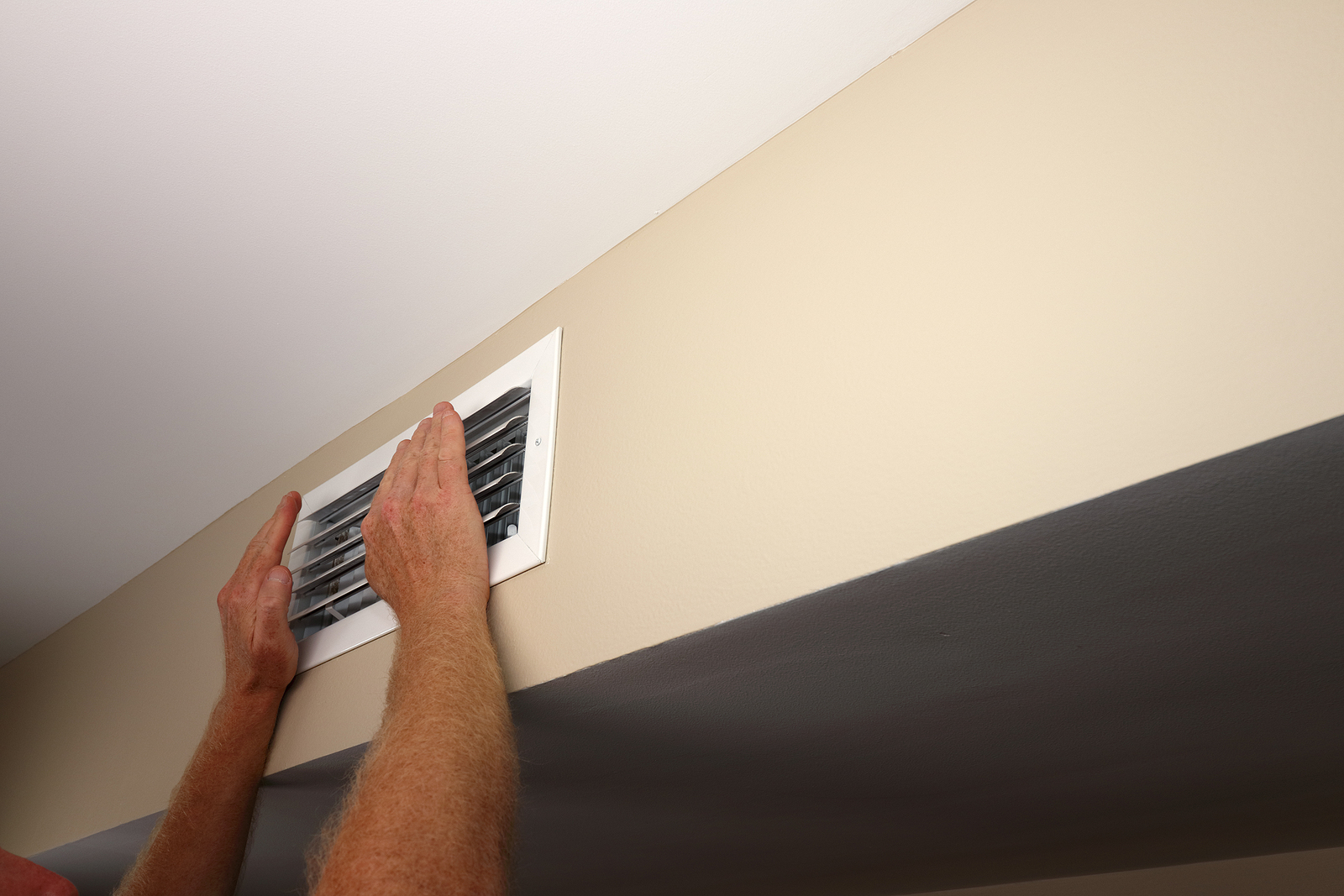A friend recently had the air ducts in her home cleaned. When the technician finished the job he called her over, proudly showing her what was removed.
It amounted to about a tablespoon of fluff, and the friend claims that was a generous estimate.
While not a complete scam, air duct cleaning may be more hype than necessity. “Duct cleaning has never been shown to actually prevent health problems,” according to the experts at the U.S. Environmental Protection Agency (EPA).
They go on to claim that “Neither do studies conclusively demonstrate that particle (e.g., dust) levels in homes increase because of dirty air ducts.” The reason for this, the experts claim, is because most of the ‘stuff’ in the air ducts sticks to the surfaces of the ducts and doesn’t readily enter the room in which it’s located.
So, should you have the air ducts in your home professionally cleaned?
Perhaps, but only under the following circumstances:
- If you see visible signs of mold in any components of the HVAC system in the home, including ducts.
- If critters, such as rats, mice or bugs, have taken up residence in the ducts.
- If you see large amounts of dust coming from the system’s supply registers.
The EPA experts caution that if any of these conditions exist, there is an “.. underlying cause ..” that needs to be remedied before the ducts are cleaned.
They also mention that there is no harm in having the ducts cleaned, if they are cleaned by a professional, but the benefits are overblown.
Arguments against routine cleaning of the air ducts
Visit the websites of companies that perform duct cleaning and you’ll be told that:
- “Duct Cleaning Helps Improve HVAC Efficiency”
- “How Duct Cleaning Improves HVAC Efficiency”
- “How Duct Cleaning will Extend the Life of Your HVAC System”
Each of these statements were found on air-conditioning and heating contractors’ websites.
The EPA claims, however, that “… little evidence exists that cleaning only the ducts will improve the efficiency of the system.”
Some of the advertising materials for duct cleaning companies also state that one of the benefits of the process is that it helps a home’s occupants remain healthy.
“Some ads even use language like, ‘Studies have shown . . .’ but no data back up these claims,” suggest Mike Knezovich and Kevin Brasler at WashingtonPost.com.
“In fact, the little independent research performed on duct cleaning indicates that the process stirs up so much dust that it creates a bigger problem than it solves,” they conclude.
The EPA agrees. “Duct cleaning has never been shown to actually prevent health problems. Neither do studies conclusively demonstrate that particle (e.g., dust) levels in homes increase because of dirty air ducts.”
Still considering getting the air ducts cleaned?
The average cost to clean air ducts in the U.S. is $377, with an average price range of between $268 to $490, according to HomeAdvisor.com. They also claim, however, that the process “… definitely affects system performance and efficiency.” Therefore we take their advice with a grain of salt.
The EPA, on the other hand, finds that cleaning the whole duct system in a home will cost the homeowner from $450 to $1,000.
The second consideration involves hiring a technician. Use the same precautions as you do when hiring any other service:
- Check the company’s reviews online, such as at Yelp.com.
- Check the Better Business Bureau’s website for complaints against the company.
- Find out if the company is licensed, insured and bonded.
- Interview representatives from several companies.
- Ask for references of other customers and call these references.
- Steer clear of companies that want to apply chemical biocides or sealants. “No chemical biocides are currently registered by EPA for use in internally-insulated air duct systems,” according to the EPA’s website.
Need more information before deciding? View the consumer checklist at EPA.gov.






 EN
EN
 ES
ES